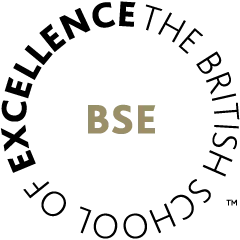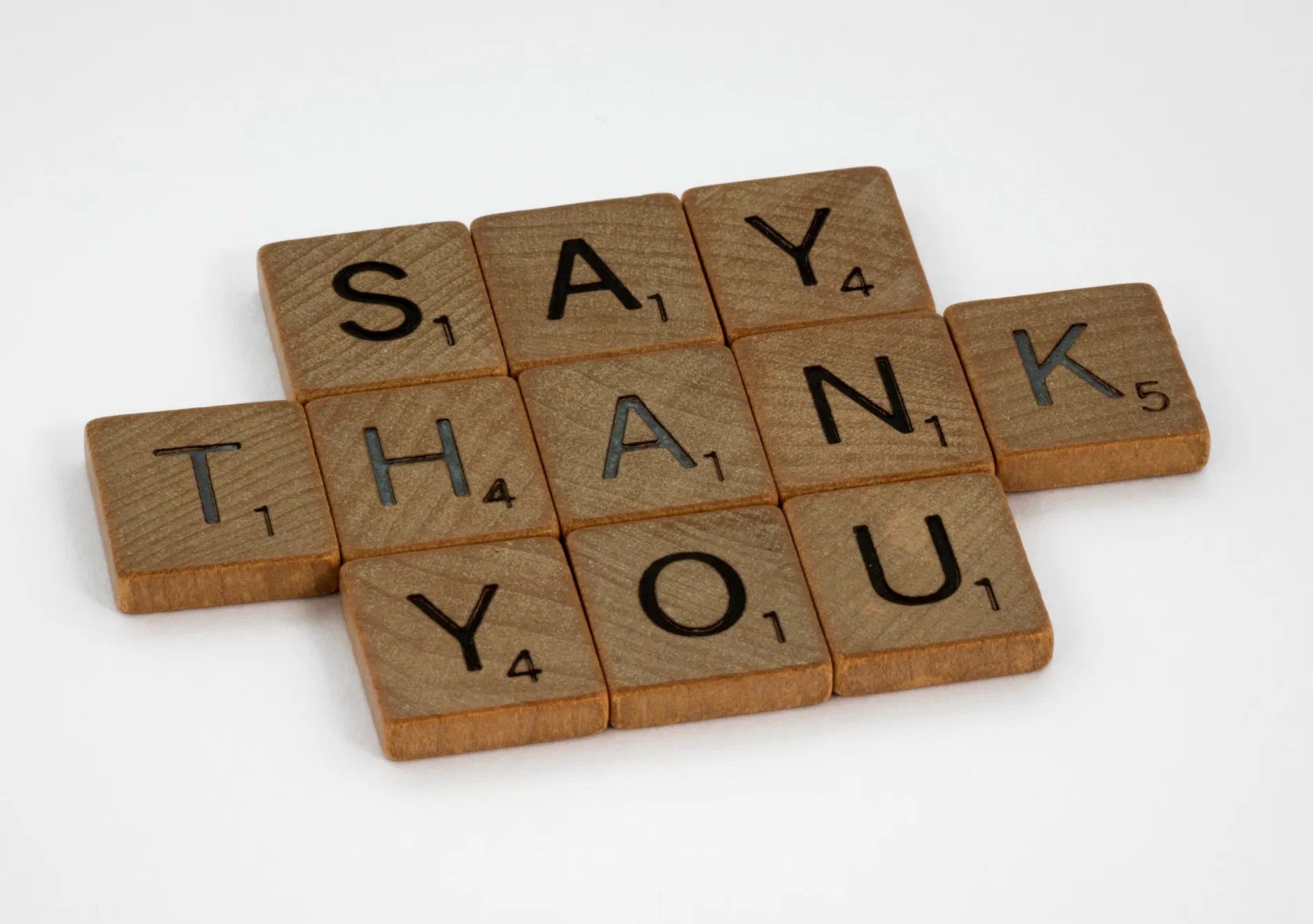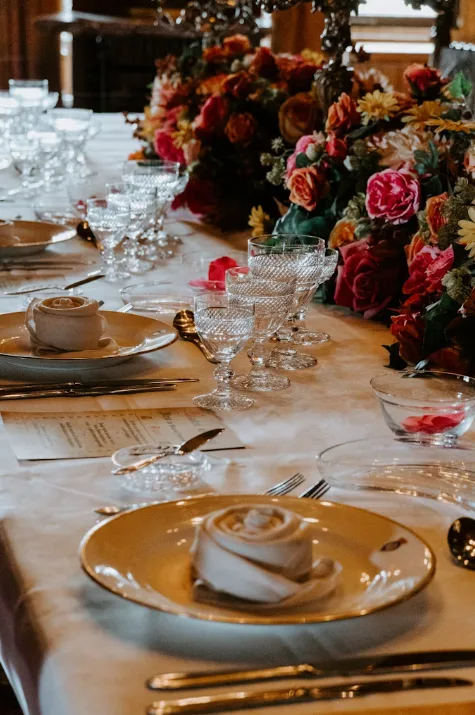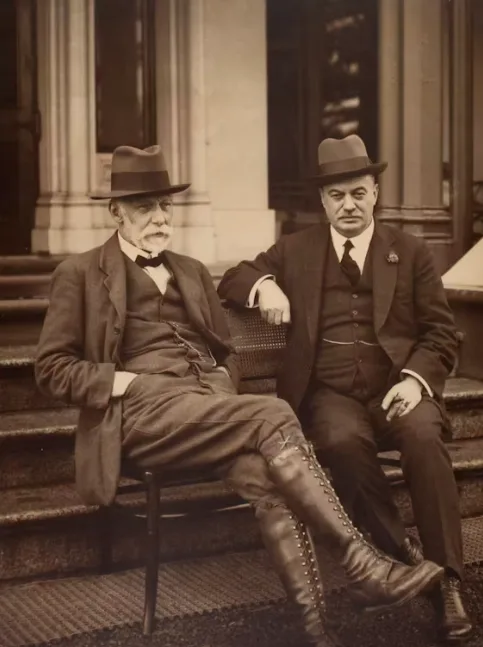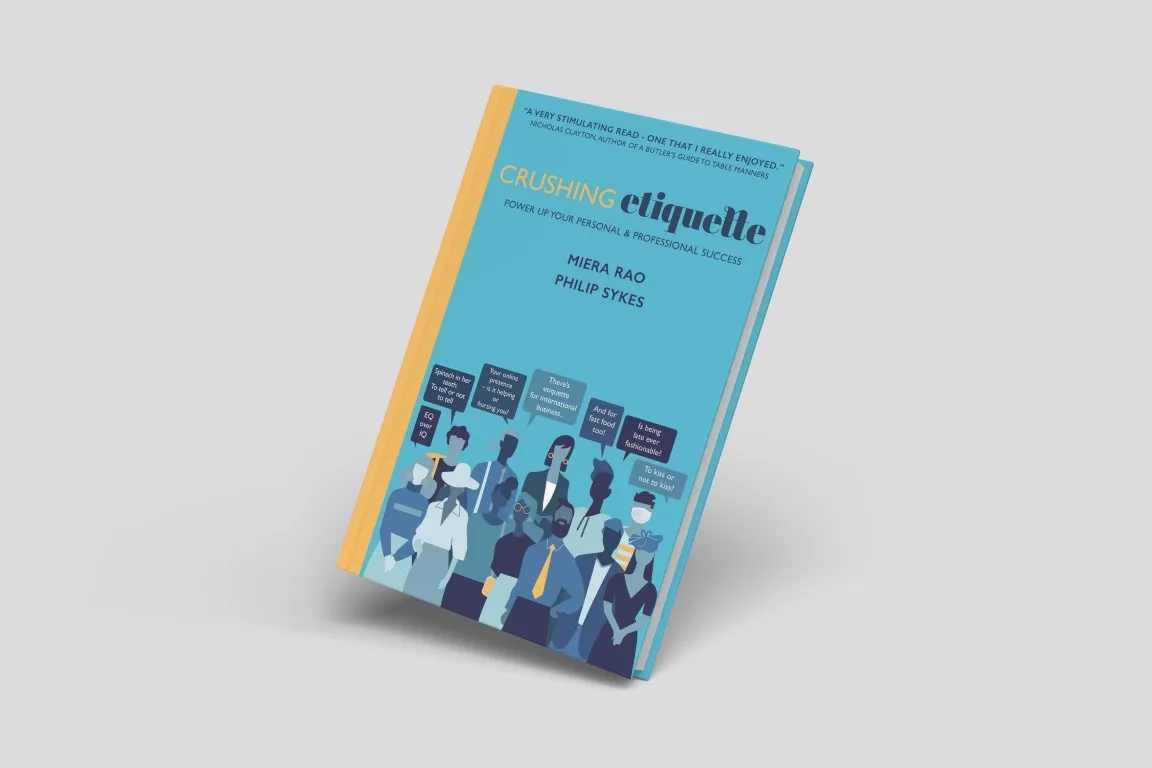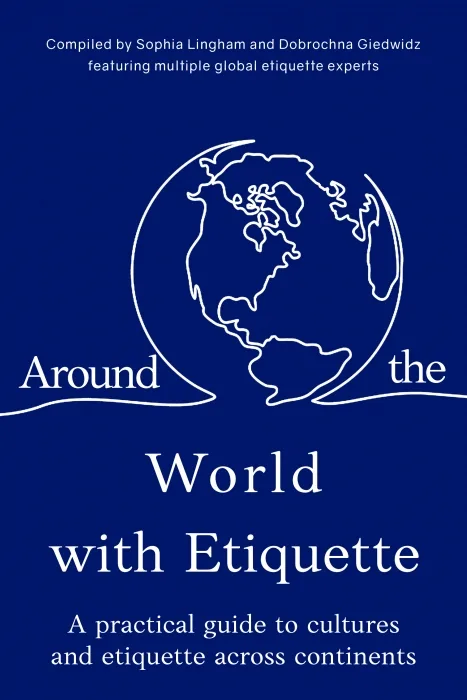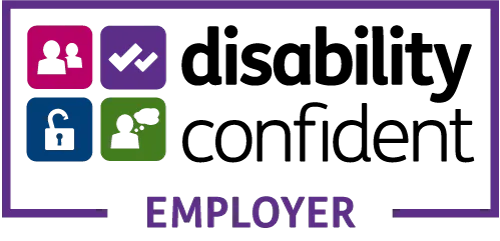Civility is dying a slow, digital death.
We see it everywhere. Terse emails that would never be spoken face-to-face. Meetings where interruption replaces listening. Public spaces where phone conversations drown out common courtesy.
What we’re losing runs deeper than surface politeness. Civility is the social lubricant that makes human interaction smooth and predictable. It’s the unspoken agreement that we’ll treat each other with basic respect, even when we disagree. Without it, every encounter becomes a potential conflict.
The numbers tell a stark story. Workplace incivility now costs American businesses $2.1 billion daily. That’s not a typo.
Two out of three employees witness or experience rudeness at work monthly. But this goes deeper than workplace friction.
We’re living through a civility crisis that will reshape society.
The trajectory is accelerating. In 1998, nearly half of workers reported monthly rudeness. By 2016, that figure jumped to 62 percent. Today, Americans collectively experience 208 million acts of incivility every single day.
This isn’t random social decay. Three forces are driving the collapse.
Digital bravery leads the charge. People say things online they’d never voice in person. That keyboard courage is bleeding into real-world interactions. The filter between thought and expression has dissolved.
Social anxiety compounds the problem. Generation Z grew up under constant digital scrutiny. Every interaction feels judged, creating what experts call the “Gen Z stare” – a blank, emotionless gaze that older generations interpret as rudeness.
The Future Scenarios
Where does this lead? We face three possible futures.
Scenario One: The Civility Collapse
Society continues fragmenting along courtesy lines. Good people migrate to communities that maintain standards. Those accepting lower standards fill the gaps.
Neighbourhoods deteriorate. Trust evaporates. Basic social contracts break down. Crime rises as mutual respect disappears. Domestic violence normalises. Neighbours view each other with suspicion.
This isn’t theoretical. We’ve seen it happen to communities worldwide.
Scenario Two: The Etiquette Renaissance
Organisations recognise civility as competitive advantage. Companies invest in etiquette training like they invest in technical skills. Professional development includes emotional intelligence and social grace.
The British School of Excellence represents this future. As the only etiquette training provider certified by four international organisations, it demonstrates how professional standards can elevate entire industries.
Leaders understand that manners create trust. Trust builds relationships. Relationships drive business success.
Scenario Three: The Hybrid Reality
Society splits into two distinct cultures. Digital natives develop new courtesy codes adapted to online interaction. Traditional etiquette survives in formal business and social settings.
Both systems coexist but rarely intersect. Professional advancement requires fluency in traditional manners. Social connection happens through evolved digital courtesy.
The Path Forward
The most likely outcome combines elements from all three scenarios. But we can influence which elements dominate.
Authentic connection trumps perfect politeness. Young people increasingly value genuineness over flawless social performance. This creates opportunity for etiquette that emphasises respect over rigid rules.
Modern courtesy must serve human connection, not arbitrary tradition. The goal remains unchanged: helping people feel comfortable and valued. The methods must evolve.
Organisations hold the key. Workplace civility training can reverse the $2.1 billion daily loss. More importantly, it can model behaviour that spreads beyond office walls.
When leaders demonstrate respect, teams follow. When companies reward courtesy, cultures shift. When etiquette training becomes standard professional development, society benefits.
Individual choices matter most. Every interaction either builds or erodes social trust. Every email either connects or distances. Every conversation either includes or excludes.
Philip Sykes, founder of The British School of Excellence, has spent 35 years proving that anyone can develop into their best self through proper training. His work with royalty, diplomats, and celebrities demonstrates that excellence in human interaction is learnable.
The future of good manners depends on recognising a fundamental truth: etiquette serves human dignity. When we treat others with respect, we strengthen the social fabric that holds civilisation together.
We stand at a crossroads. One path leads to continued social fragmentation. The other leads to intentional civility that bridges generational and cultural divides.
The choice is ours. But we must choose soon.
The cost of continued incivility grows daily. The benefit of renewed courtesy compounds over time. Society’s future hangs in the balance between these two forces.
Good manners will decide which future we inhabit. The question is whether we’ll choose to cultivate them before it’s too late.
